
Amit Chaudhuri is the author of seven novels, including, most recently, Friend of My Youth. Among his other published works are collections of short stories, poetry, and essays, as well as the nonfiction Calcutta and a critical study of D.H. Lawrences poetry. He has received the Commonwealth Writers Prize, the Betty Trask Award, the Encore Prize, the Los Angeles Times Book Prize, and the Sahitya Akademi Award, among other accolades. Chaudhuri is a Fellow of the Royal Society of Literature and holds the titles of Professor of Contemporary Literature at the University of East Anglia in England and Professor of Creative Writing at Ashoka University in India. In addition, he is a singer in the North Indian classical tradition and a composer and performer in a project that brings together the raga, blues, and jazz with a variety of other musical traditions. In 2017 he received the Sangeet Samman from the government of West Bengal for his contribution to Indian classical music. Chaudhuris music has been regularly featured on radio and television; his version of Summertime was featured on the BBC 4 documentary Gershwins Summertime: The Song That Conquered the World.
ALSO BY AMIT CHAUDHURI
Fiction
A Strange and Sublime Address
Afternoon Raag
Freedom Song
A New World
Real Time
The Immortals
Odysseus Abroad
Friend of My Youth
Nonfiction
Clearing a Space: Reflections on India, Literature, and Culture
Calcutta: Two Years in the City
Telling Tales: Selected Writing 19932013
The Origins of Dislike
As Editor
The Picador Book of Modern Indian Literature
Memorys Gold: Writings on Calcutta
Literary Activism: A Symposium
Poetry
St Cyril Road and Other Poems
Sweet Shop
Finding the Raga
An Improvisation on Indian Music
AMIT CHAUDHURI
 New York Review Books New York
New York Review Books New York
This is a New York Review Book
published by The New York Review of Books
435 Hudson Street, New York, NY 10014
www.nyrb.com
Cover image: K.G. Subramanyan, Untitled (2015); courtesy of the Seagull Foundation for the Arts
Cover design: Katy Homans
Copyright 2021 by Amit Chaudhuri
All rights reserved.
Library of Congress Cataloging-in-Publication Data
Names: Chaudhuri, Amit, 1962 author.
Title: Finding the raga : an improvisation on Indian music / by Amit Chaudhuri.
Description: New York City : New York Review Books, 2020. |
Identifiers: LCCN 2020016137 (print) | LCCN 2020016138 (ebook) | ISBN 9781681374789 (paperback) | ISBN 9781681374796 (ebook)
Subjects: LCSH: MusicIndiaPhilosophy and aesthetics. | Raga. | Music and literatureIndia.
Classification: LCC ML3877 .C557 2020 (print) | LCC ML3877 (ebook) | DDC 780.9/54dc23
LC record available at https://lccn.loc.gov/2020016137
LC ebook record available at https://lccn.loc.gov/2020016138
ISBN 978-1-68137-479-6
v1.0
For a complete list of titles, visit www.nyrb.com or write to:
Catalog Requests, NYRB, 435 Hudson Street, New York, NY 10014
The seven notes of Indian music have been transcribed in the text in this way:
sa re ga ma pa dha ni
The higher octave (taar saptak) is shown in bold, the lower octave (mandra saptak) in italics:
sa re ga ma pa dha ni sa re ga ma pa dha ni
sa re ga ma pa dha ni
Flat notes are underlined: e.g. dha ni . Sharp notes are represented in this way: m.
Q: Cant art be born from happiness?
Kishori Amonkar: Of course it can. Why shouldnt it be?
Q: But you said pain and suffering lead to the highest art.
A: Because... life to us... I mean... Why dont you tell me: who is happy? [Silence.] Everyone is unhappy. By unhappy one means the desire to return to where we came from. And from where we came we call that place ananda [joy; bliss]. Our task is to take people to that ananda, by whatever means whether through art or the shastras. Thats what our life returns us to and thats where it will take us to. If we dont go there, life will take us there anyway. But thats where it will go to where we came from. It is a completion of a circle.
Q: What are you searching for in your music?
A: Im searching for that bliss! And not only me I feel like giving that bliss to my listeners, to everybody. Everybody.
Q: What is that bliss?
A: If you now ask me what ananda is, I wont be able to tell you. Its something you experience.
(Interview in Hindi and English with Kishori Amonkar, 1991. English in italics.)
In 1986, after graduating from UCL, I took a gap year in St Cyril Road. I became part of its flowering and decay, its burgeoning and decline. I loved how its poles of animation and rest sometimes became each other. There are very few genuine neighbourhoods; but, when you live in one, theres more to see in it than in the world. I kept going out for walks. I would go from St Cyril Road to contiguous lanes St Leo, St Andrews, St Dominic, and St Anthony roads. Children ran past, pushing a wheel with a stick. The next day youd find the wheel on the macadam. I found dogs napping, emulating the wheels, curled up in a circle.
It was a strange family, the Jaipurwales. When I say Jaipurwales, I include Hazarilalji; hed married into the family, and adopted the surname a reminder of his neither-here-nor-there status in life. In moments of pique with Govindji, hed say his actual name was Hazarilal Sharma. The story was that hed drifted into Bombay from nowhere and ingratiated himself with Laxman Prasad Jaipurwale. One day, Laxman Prasad decided Hazarilal would be his son-in-law.
When I say strange family, I mean its extraordinary gifts and achievements, and how little they meant in the end. So I mean strange world. At the age of fifty-seven, I know that ignoring great talent isnt an aberration, but the norm; but my heart is a teenagers and still hasnt come to terms with this.
Gharana is the word used in North Indian classical music for a musical family, or school, or a set of characteristics associated with a style. Laxman Prasads was called the Kunwar Shyam gharana. Kunwar Shyam, meaning the young or unmarried Shyam, or Krishna, is surely the pseudonym of the man who (two generations before Laxman Prasad) lived for a while in Delhi, composing bandishes and new variants of Malhar: Suha Malhar, Sughrai Malhar, Kafi Malhar, variants rarely heard outside extant recordings by Laxman and Govind Prasad Jaipurwale. The rains were to Kunwar Shyam what the inconstant wind was to Shelley The mind in creation is as a fading coal, which some invisible influence, like an inconstant wind, awakens to transitory brightness and his short compositions, set to teentaal, are the result. But the gharanas main repertoire comprises Laxman Prasads compositions. Laxman Prasad was born in 1915 in Gujarat; he died in Bombay in 1977 (a year before Govindji entered our lives in Malabar Hill). He grew up in Jaipur, where his father was a court musician; I believe he was also interested in dance, something thats reflected in the unusual lyrics of his khayals, many of which describe moments in the lives of Radha and Krishna, and his compositions unbelievably intricate rhythm patterns. Again and again, rhythmic and tonal virtuosity (layakari and taankari) converge in a way thats rare, if not unparalleled. Difficulty may be one of the reasons why this gharana has so few followers.

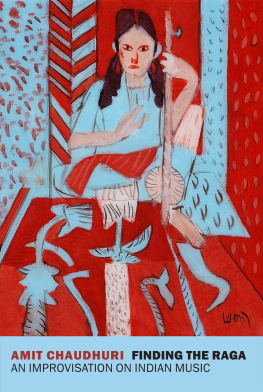
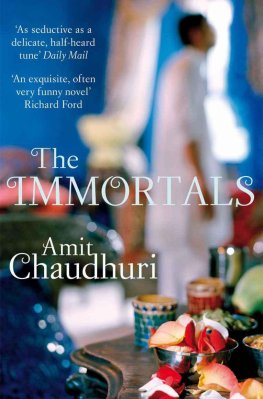
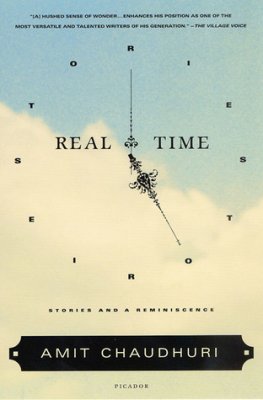
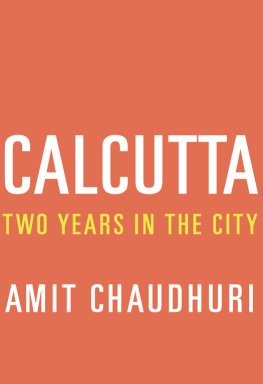
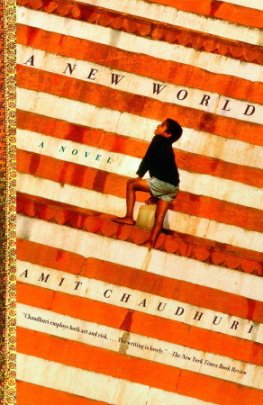
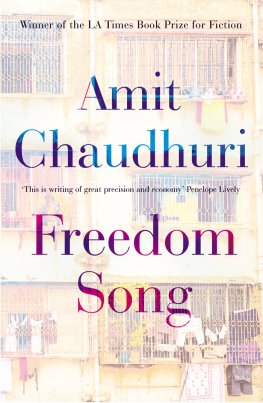
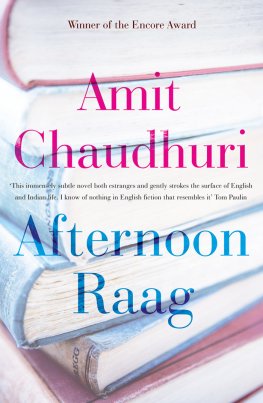
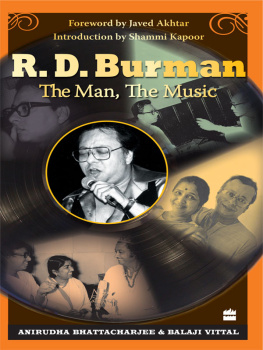
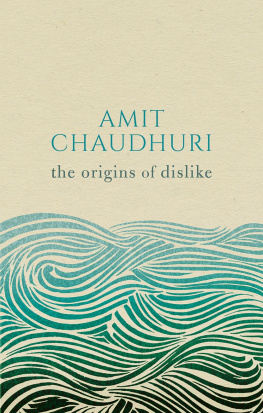
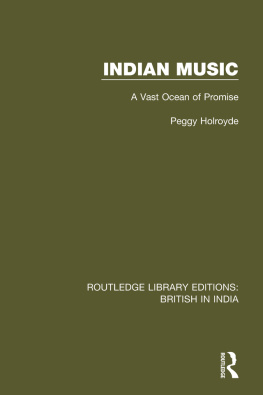
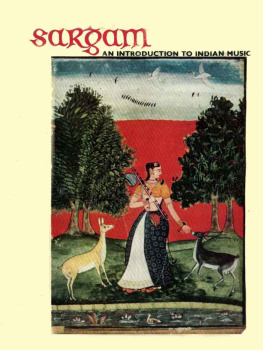
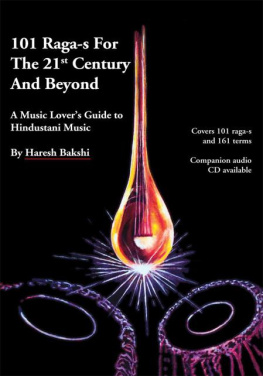
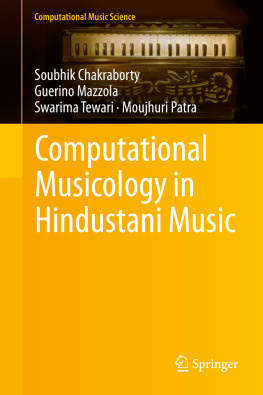

 New York Review Books New York
New York Review Books New York